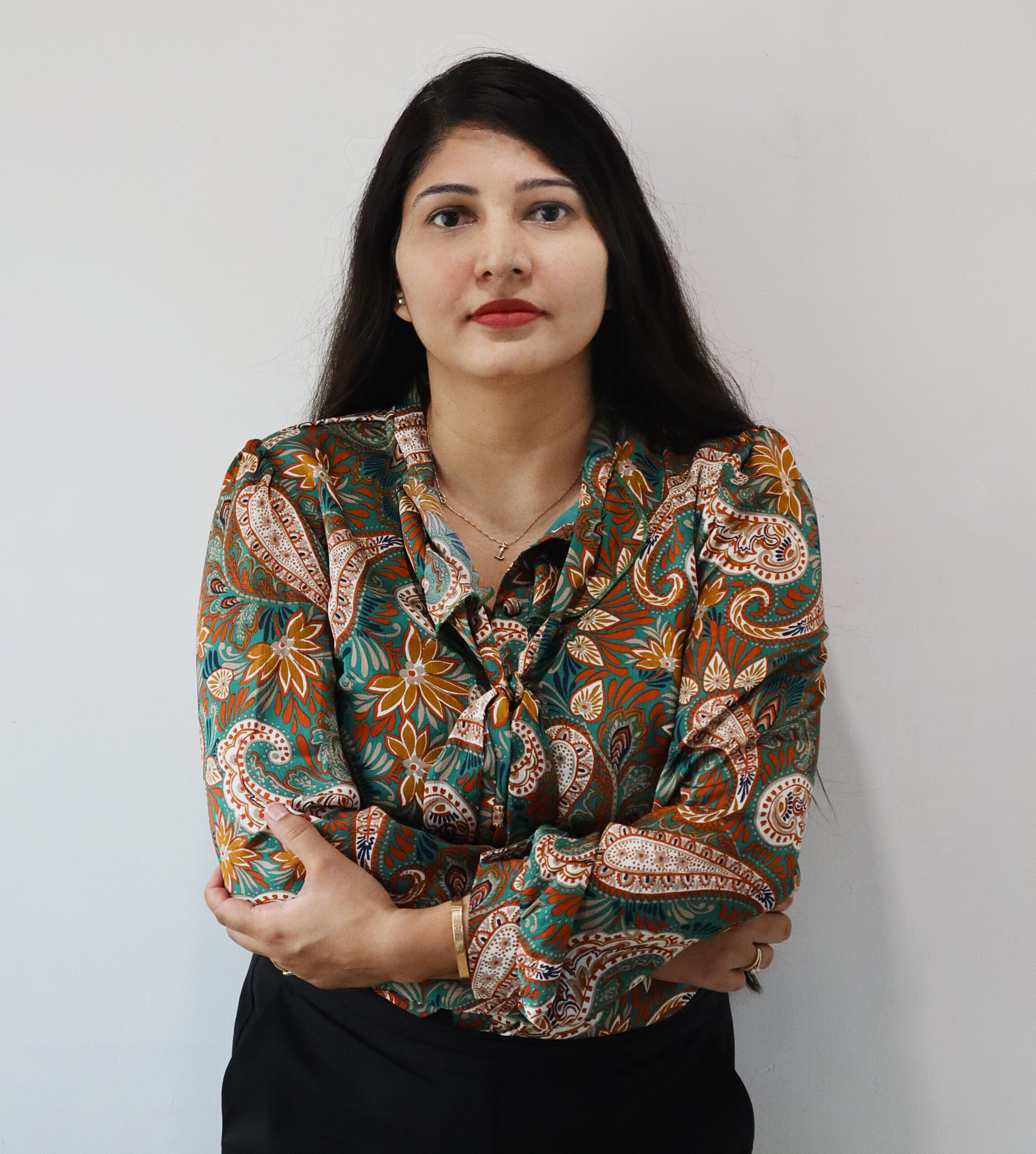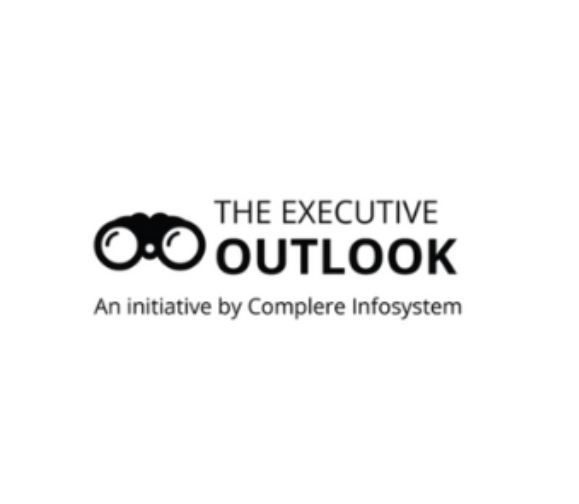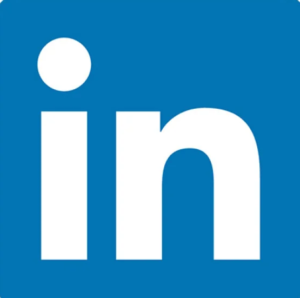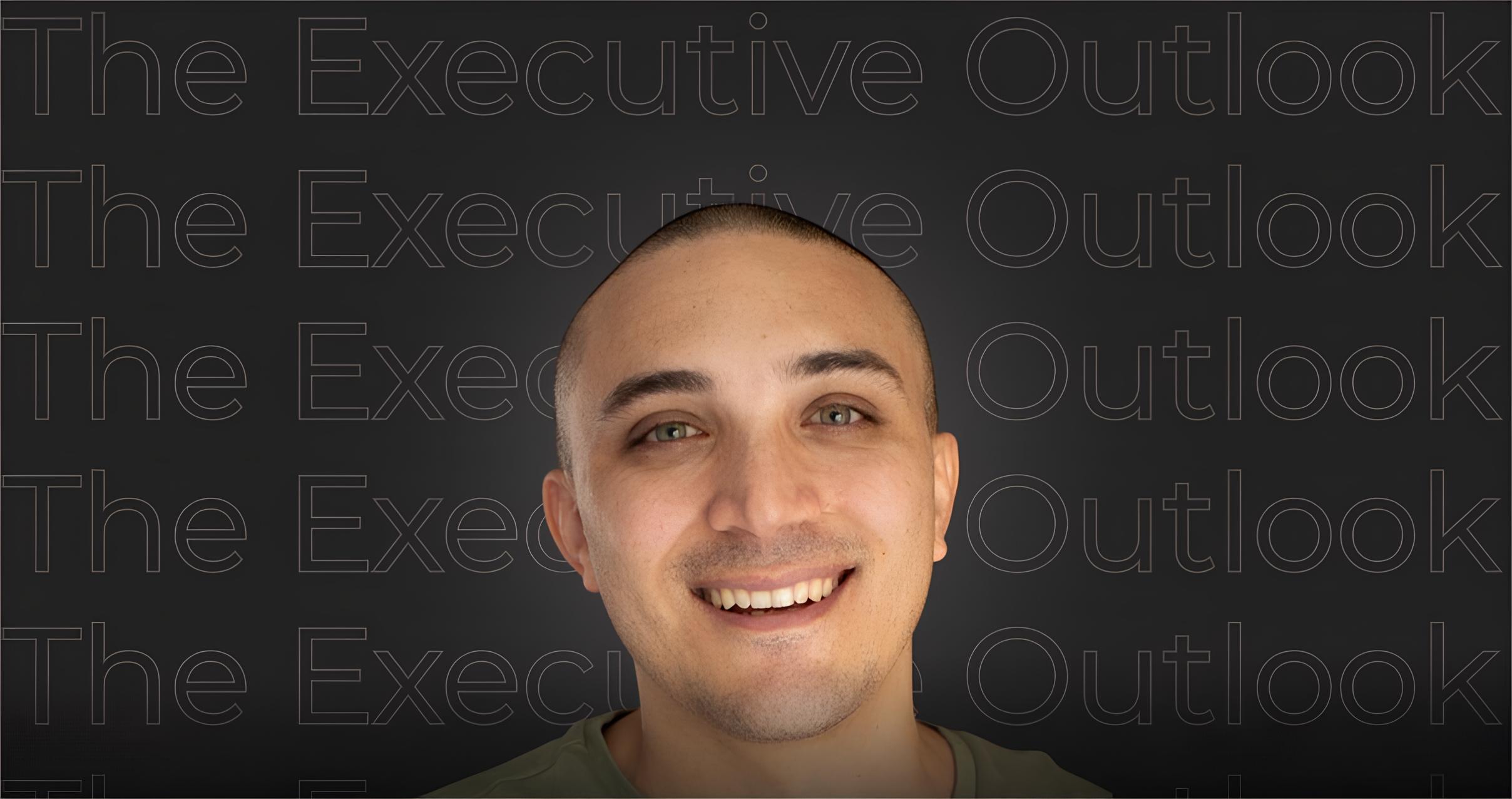In this special edition of The Executive Outlook, we had the heartfelt opportunity to sit down with Khushi Yadav, Founder of Hoogah and a tech leader turned entrepreneur whose journey is deeply rooted in empathy, purpose, and a mission to solve one of today’s quietest workplace problems: loneliness.
During a conversation, Khushi shared that Hoogah is not just a startup to her; “It’s my passion project. It’s my baby.”
Khushi was employed in the technology sector for 25 years. However, in 2020, everything changed for her. She was impacted, like many others, by the loneliness of working remotely. But it had a much more significant effect on her. She described the heartbreaking experience of losing two close friends to suicide in a span of only 18 months. A seed that would eventually grow into Hoogah was sown in her heart by that pain.
Khushi said that even though we live in a world with over 1.8 billion people, it was heartbreaking to feel that some can’t find even one person to call at 4 a.m. After going fully remote at her workplace, she felt extremely disconnected, even though she was surrounded by good people.
“They were nice,” Khushi shared, “but they just didn’t know how to make me feel I belonged.”
According to her, many managers were struggling too, trying to find their way in a world that had shifted overnight. That’s when an idea started to take shape. Being a techie, her first instinct was to solve it with software. But the more she spoke to others, the clearer it became.
“Everyone talked about loneliness,” she said. “Everyone got it immediately.”
She added by sharing that through all those conversations, it became clear that the problem wasn’t a lack of tools but a lack of meaningful, real connections. Hoogah was born out of this realization.
Khushi explained that Hoogah makes workplace connection effortless. No more awkward reach-outs or constant arguing about meeting times. Instead, Hoogah matches people based on their shared history and interests.
She continued by saying, “We don’t want more pizza parties or pool tables. We want workplaces where people feel safe, seen, and supported.”
Watch the full conversation on YouTube by clicking the link below:
And it’s not just employees. Khushi recounted that loneliness is equally real at the top. “The higher you climb the ladder, the lonelier it gets,” she reflected.
Despite having a loving family, a husband, two kids, and a German shepherd, Khushi confessed, “From the outside, it looks like I have it all. But the loneliness? It was in my bones.”
She further explained that leaders carry the weight of everyone, their family, their teams, their work. They always have to show up strong, even when they’re struggling inside.
That’s why Hoogah is designed for everyone, including communities of women leaders, engineering professionals, and other groups often left behind. Hoogah asks just two simple questions, one about your past and one about your present and then connects you to someone who shares both.
“It’s not about fixing each other. It’s about knowing someone else is going through the same thing. That, sometimes, is enough.”
During the discussion, she gave an example; Two women engineering leaders, both juggling family and aging parents, are introduced through Hoogah. Their bond forms not because they solve each other’s problems but because they feel understood.
Khushi said that most networking tools feel forced. “Who are you?” What do you do? Half the time is spent answering simple questions. With Hoogah, all that is taken care of in advance. The moment two people meet, they already have a reason to talk.
She emphasized, “This is culture by design. Connection by intention.”
Khushi reflected on how modern workplaces often confuse engagement with entertainment. She said that while Slack channels, virtual happy hours, and office perks like pool tables may check a box, they rarely create real connections. “You can’t solve loneliness with emojis or pizza,” she said honestly. She further defined that despite their good intentions, these initiatives frequently fall short because they are common in the actual identities of the staff. Khushi continued by saying that culture isn’t a list of benefits; it’s about intentional experiences that make people feel seen and heard. And that’s exactly what Hoogah is designed to deliver.
When asked about the impact of real workplace connections, Khushi Yadav didn’t hesitate. According to her, belonging isn’t just good for morale; it drives real business outcomes.
She said that companies using Hoogah have seen higher productivity and better overall happiness. People who feel like they belong take fewer sick days, do better work, and see their jobs as more than just jobs.
“If Hoogah can reduce even 1% of that misery, I’ll call it success.”
Khushi shared a story of a CEO who wanted to meet every employee but didn’t have the time. Hoogah made those connections easy and efficient by automatically scheduling meetings and providing bios and icebreakers.
“Happy peer relationships make leadership easier,” she explained. “When teammates support each other, managers can focus on growth instead of micromanaging.”
She also shared how introverted employees who rarely joined group events started showing up after one-on-one conversations arranged through Hoogah.
Khushi then opened up about her own leadership journey and how she loved conversations and data. When she first began building Hoogah, she didn’t jump in with a full-blown business plan. She just took the first step.
“Every day, one percent better. Every week, one percent better,” she said with a smile.
She began researching tech stacks by going on Reddit and talking to other founders. She applied for free cloud credits and began building Hoogah on Microsoft Azure, using tools like Miro and LinkedIn Sales Navigator.
“We had to be frugal,” Khushi said. “Cloud costs add up fast, and we’re data heavy.”
Prefer to listen on the go? Tune in to the full podcast episode on Spotify below:
According to her, scalability will come later. Right now, it’s about helping one client at a time. Still, she admitted, cloud providers often lock you in. “By the time you’re big enough to switch, it’s already too late.”
Despite investor pressure to go big on AI, Khushi has stayed focused. She recounted, “Why aren’t you riding the AI wave?” was a question posed at an investor meeting. She smiled and said, “Because I’m building something for humans.”
She further defined, “AI is a tool. Belonging is the goal.”
And that’s what sets Khushi Yadav and Hoogah apart. In a world buzzing with bots and automation, she’s quietly building a movement for real human connection.
Khushi added by sharing one more important point. She believes that tech events and activities often lack inclusivity. “A lot of events cater to extroverted personalities and loud voices,” she said. “But what about people who simply want to have a meaningful conversation over coffee?” That’s the essence of Hoogah. It doesn’t try to be flashy. It tries to be real.
She continued by saying, “Our goal is simple: to create more places where people feel they belong.” Where introverts and extroverts, leaders, and learners all have space to connect.”
She spread light with her words when she said, “Even one good connection can change how someone feels about their job, their day, or even their life.”
As our conversation ended, Khushi left us with a thought that still echoes; “A great leader is someone who makes others feel seen and heard.”
In Khushi, we don’t just see the founder. We see a woman on a mission to make work more human, one cup of coffee at a time.
Stay tuned for more inspiring stories in The Executive Outlook.
Editor Bio

I’m Isha Taneja, serving as the Editor-in-Chief at "The Executive Outlook." Here, I interview industry leaders to share their personal opinions and provide valuable insights to the industry. Additionally, I am the CEO of Complere Infosystem, where I work with data to help businesses make smart decisions. Based in India, I leverage the latest technology to transform complex data into simple and actionable insights, ensuring companies utilize their data effectively.
In my free time, I enjoy writing blog posts to share my knowledge, aiming to make complex topics easy to understand for everyone.





